Best Summer Vegetables To Grow In Days Or Less
Title: Best Summer Vegetables to Grow in 30 Days or Less
Introduction:
Summer is a great time to grow vegetables, as the warm weather and long days provide ideal growing conditions for many crops. If you're short on time, however, you may be wondering which vegetables are the fastest to grow.
The good news is that there are a number of summer vegetables that can be harvested in just 30 days or less. These quick-growing vegetables are a great option for busy gardeners, or for anyone who wants to enjoy fresh, homegrown produce as soon as possible.
In this blog post, we'll take a look at some of the best summer vegetables to grow in 30 days or less. We'll also provide some tips on how to plant and care for these crops, so you can start enjoying your harvest in no time.
Main Content:
Here are some of the best summer vegetables to grow in 30 days or less:
- Radishes are one of the fastest-growing vegetables you can grow. They can be harvested in as little as 20 days, and they're a great way to add some crunch and flavor to salads and sandwiches.
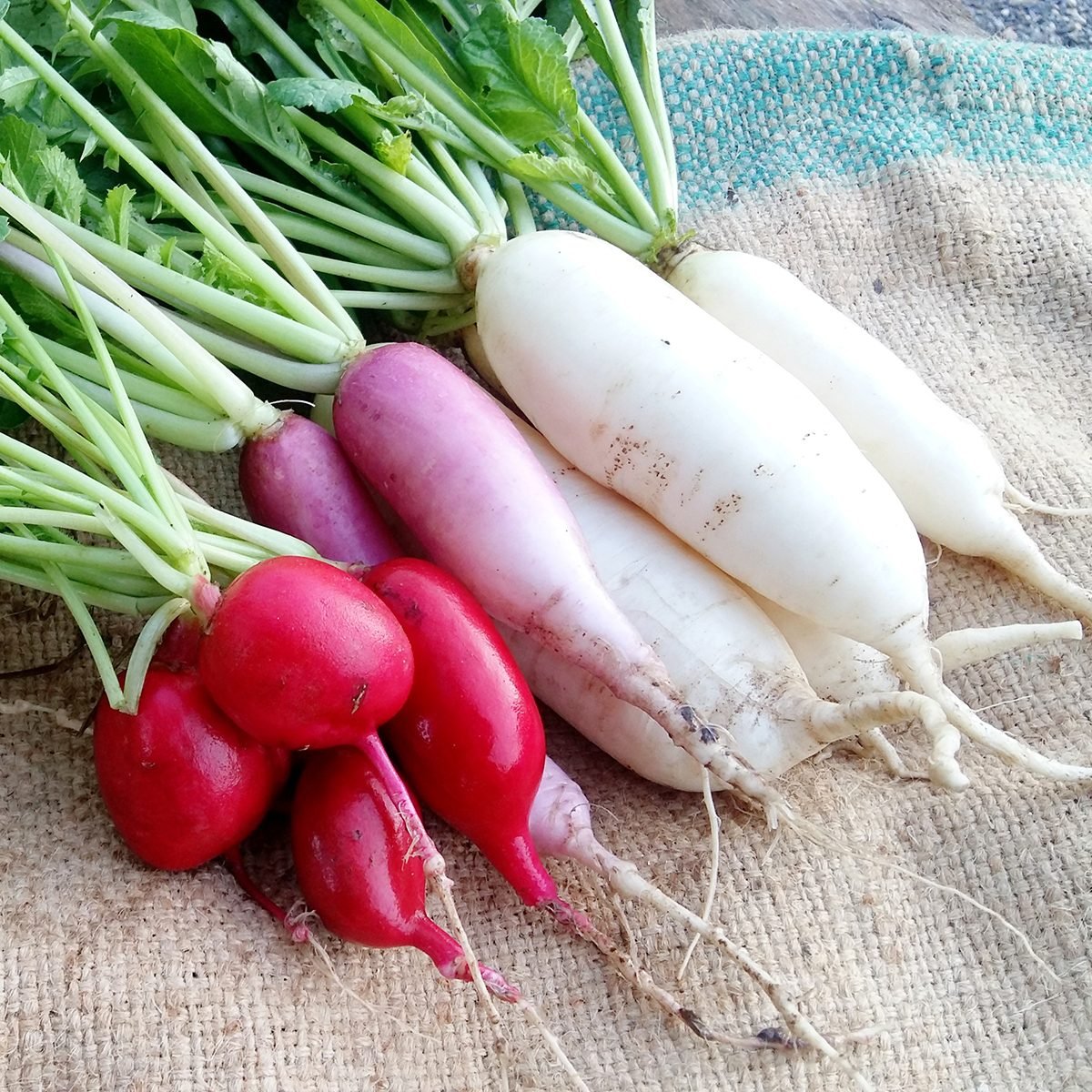
- Lettuce is another quick-growing vegetable that can be harvested in 30 days or less. There are many different varieties of lettuce, so you can choose one that suits your taste and growing conditions.
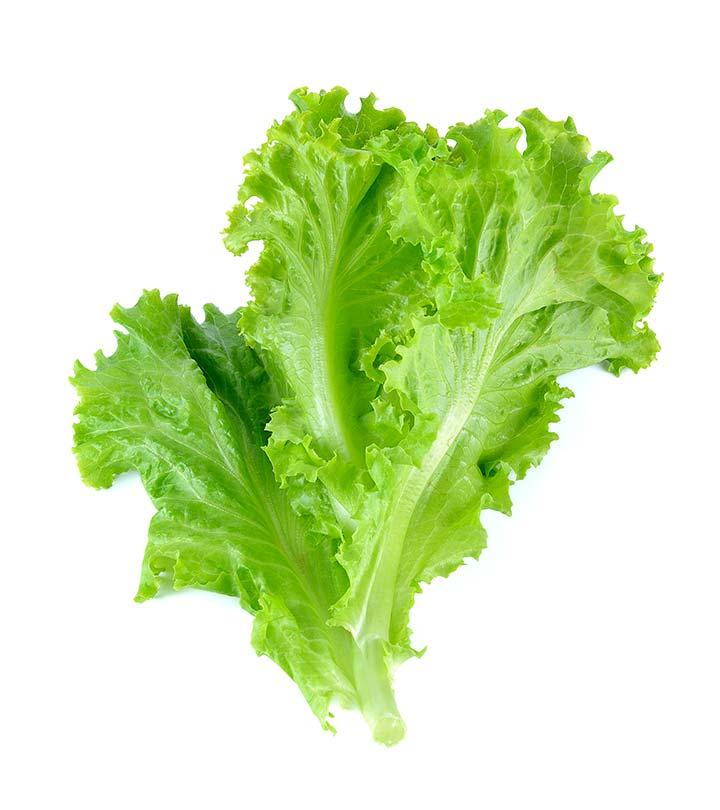
- Spinach is a leafy green vegetable that's packed with nutrients. It can be harvested in 30-45 days, and it's a versatile vegetable that can be used in a variety of dishes.

- Arugula is a peppery, leafy green vegetable that's perfect for adding to salads and sandwiches. It can be harvested in 30-40 days, and it's a relatively low-maintenance crop.
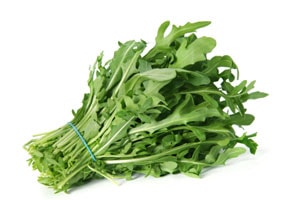
- Bok choy is a Chinese cabbage that's mild and delicate in flavor. It can be harvested in 30-45 days, and it's a good source of vitamins A and C.
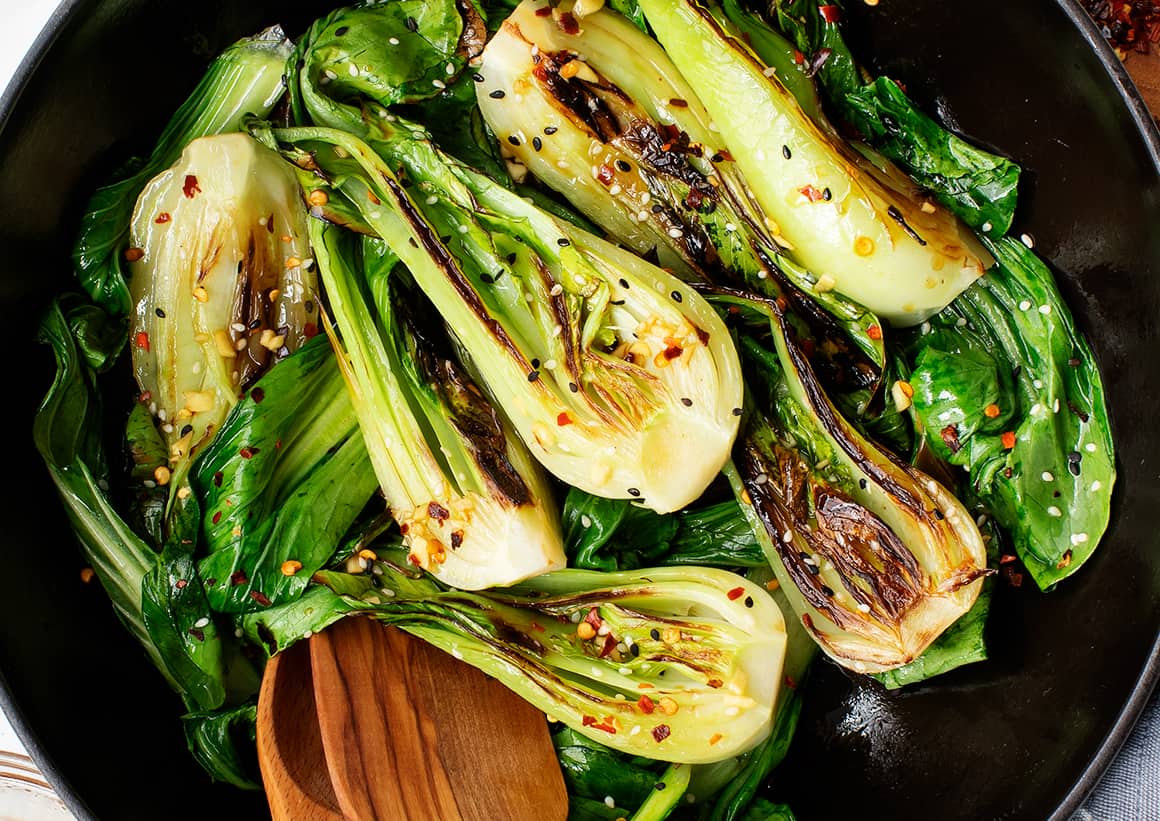
- Turnips are a root vegetable that's crunchy and sweet in flavor. They can be harvested in 30-40 days, and they're a good source of vitamins C and K.
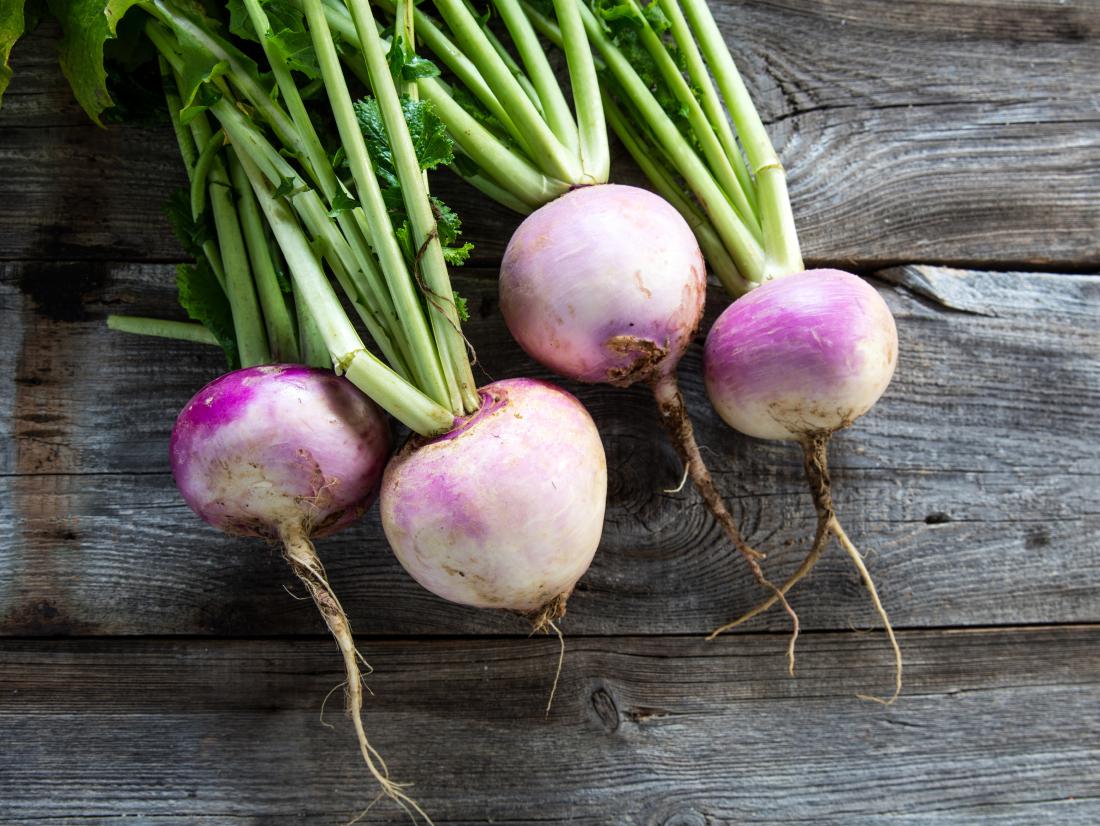
- Kale is a leafy green vegetable that's packed with nutrients. It can be harvested in 30-45 days, and it's a hardy crop that can tolerate a variety of growing conditions.

- Swiss chard is a leafy green vegetable that's known for its vibrant red and yellow stems. It can be harvested in 30-45 days, and it's a good source of vitamins A, C, and K.

- Green beans are a versatile vegetable that can be eaten fresh, cooked, or canned. They can be harvested in 40-60 days, and they're a good source of fiber and protein.

Tips for Planting and Caring for Quick-Growing Summer Vegetables
Here are some tips for planting and caring for quick-growing summer vegetables:
- Choose a sunny spot in your garden. Most summer vegetables need full sun in order to thrive.
- Prepare the soil by tilling it and adding compost or other organic matter. This will help to improve drainage and nutrient content.
- Plant the seeds according to the directions on the package. Most quick-growing vegetables should be planted about 1/2 inch deep and 1-2 inches apart.
- Water the seeds regularly, especially during the first few weeks after planting.
- Thin the seedlings once they have a few sets of leaves. This will help to give the remaining plants enough room to grow.
- Fertilize the plants every few weeks with a balanced fertilizer.
- Keep an eye out for pests and diseases. If you see any problems, take steps to treat them immediately.
Conclusion
Growing quick-growing summer vegetables is a great way to enjoy fresh, homegrown produce in no time. With a little planning and care, you can have a bountiful harvest in just a few weeks.
Are you looking to grow your own summer vegetables? There are many different vegetables that can be grown in the summer, but some of the best include tomatoes, cucumbers, peppers, squash, and beans. These vegetables are all relatively easy to grow and require full sun and well-drained soil.
If you are a beginner gardener, you may want to start with some of the easier vegetables to grow, such as cucumbers or beans. These vegetables are fast-growing and can be harvested in a relatively short amount of time.
Once you have some experience growing vegetables, you can try more challenging vegetables, such as tomatoes or peppers. These vegetables take longer to mature, but they are well worth the wait when you enjoy the taste of fresh, homegrown produce.
To learn more about the best summer vegetables to grow, visit Home Gardening. This website provides detailed information on how to plant, grow, and care for a variety of vegetables. You can also find recipes for using your homegrown vegetables.
FAQ of best summer vegetables to grow
What are the best summer vegetables to grow?
There are many great summer vegetables to grow, but some of the most popular include:
- Tomatoes: Tomatoes are a delicious and versatile vegetable that can be enjoyed in many different ways. They need full sun and well-drained soil, and they should be planted about 2 weeks after the last frost.
- Peppers: Peppers come in a variety of colors and flavors, and they can be used in both sweet and savory dishes. They need full sun and well-drained soil, and they should be planted about 3 weeks after the last frost.
- Cucumbers: Cucumbers are a refreshing and hydrating vegetable that can be enjoyed on their own or in salads. They need full sun and well-drained soil, and they should be planted about 2 weeks after the last frost.
- Squash: Squash is a versatile vegetable that can be cooked in a variety of ways. It needs full sun and well-drained soil, and it should be planted about 3 weeks after the last frost.
- Beans: Beans are a healthy and affordable vegetable that can be grown in a variety of climates. They need full sun and well-drained soil, and they can be planted directly in the ground once the soil has warmed up to at least 60 degrees Fahrenheit.
What are some easy vegetables to grow for beginners?
Some of the easiest vegetables to grow for beginners include:
- Radishes: Radishes are a fast-growing vegetable that can be harvested in just a few weeks. They are relatively easy to grow and don't require a lot of space.
- Lettuce: Lettuce is another fast-growing vegetable that is easy to care for. It does best in cool, moist weather, so it is a good choice for spring or fall gardens.
- Peas: Peas are a cold-tolerant vegetable that can be planted in early spring. They are relatively easy to grow and don't require a lot of space.
- Bush beans: Bush beans are a type of bean that grows in a compact bush, making them a good choice for small gardens. They are relatively easy to grow and don't require a lot of attention.
- Spinach: Spinach is a cool-season vegetable that can be planted in early spring or fall. It is relatively easy to grow and doesn't require a lot of space.
What are some tips for growing summer vegetables?
Here are some tips for growing summer vegetables:
- Choose the right vegetables for your climate. Some vegetables, such as tomatoes and peppers, need warm weather to thrive, while others, such as lettuce and spinach, prefer cooler temperatures.
- Prepare the soil well. Summer vegetables need well-drained soil that is rich in organic matter.
- Plant in full sun. Most summer vegetables need at least 6 hours of full sun per day.
- Water regularly. Summer vegetables need to be watered regularly, especially during hot, dry weather. Fertilize regularly. Summer vegetables benefit from regular fertilization, especially if you are growing them in poor soil.
- Protect from pests and diseases. Summer vegetables can be susceptible to pests and diseases, so it is important to take steps to protect them.
- Harvest regularly. Summer vegetables are best when they are harvested young and tender.
Image of best summer vegetables to grow
10 different images of best summer vegetables to grow that are free to use:
- Tomatoes: Tomatoes are a classic summer vegetable that is easy to grow and versatile in the kitchen. They require full sun and well-drained soil.
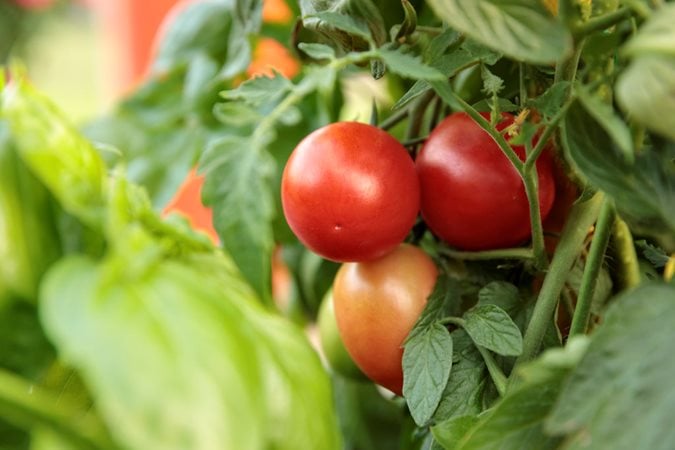
- Peppers: Peppers are another popular summer vegetable that comes in a variety of colors and flavors. They also require full sun and well-drained soil.
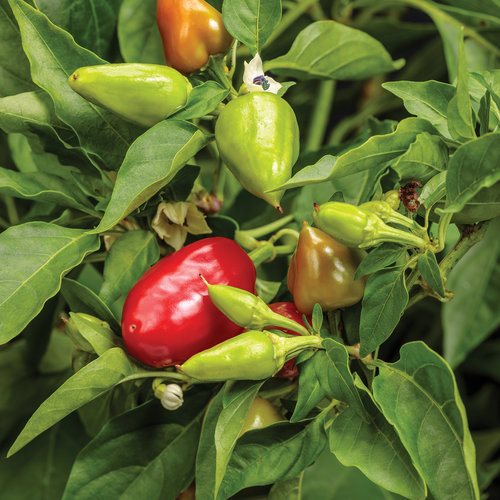
- Cucumbers: Cucumbers are a refreshing summer vegetable that is perfect for salads and sandwiches. They grow best in full sun and well-drained soil.
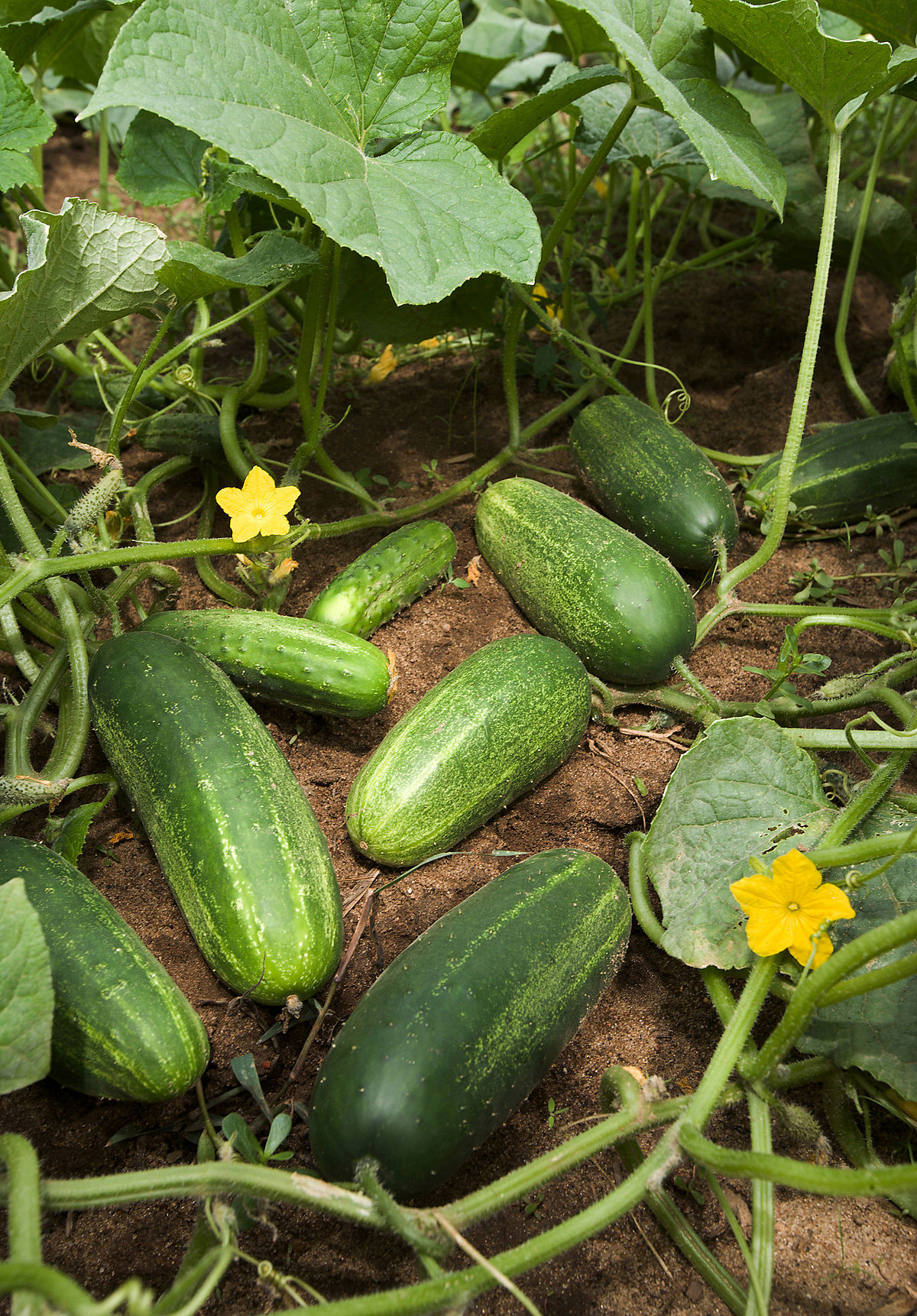
- Zucchini: Zucchini is a versatile summer squash that can be eaten raw, cooked, or pickled. It grows best in full sun and well-drained soil.
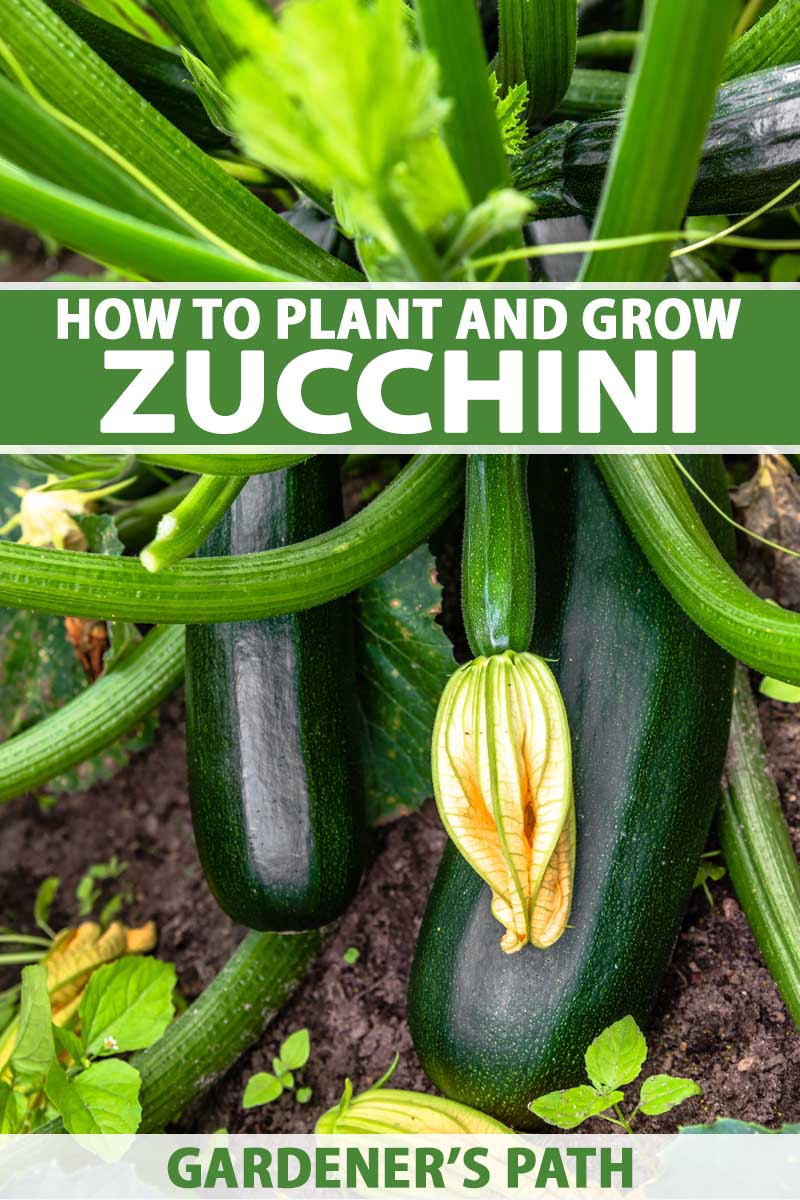
- Squash: Squash is another type of summer squash that is delicious and easy to grow. It grows best in full sun and well-drained soil.
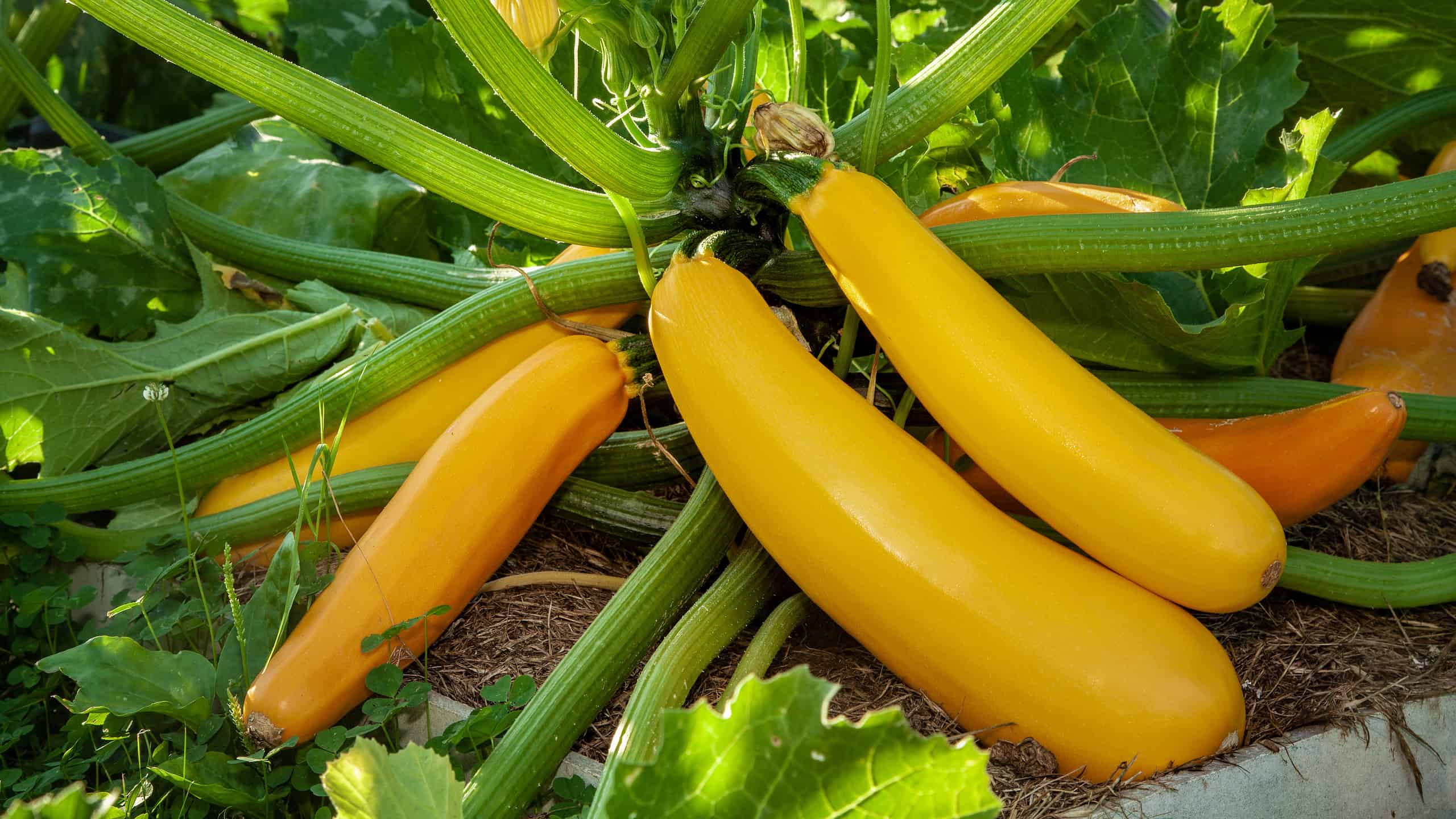
- Eggplant: Eggplant is a hearty summer vegetable that is perfect for grilling or roasting. It requires full sun and well-drained soil.

- Beans: Beans are a good source of protein and fiber and can be grown in a variety of conditions. They are a good choice for beginner gardeners.
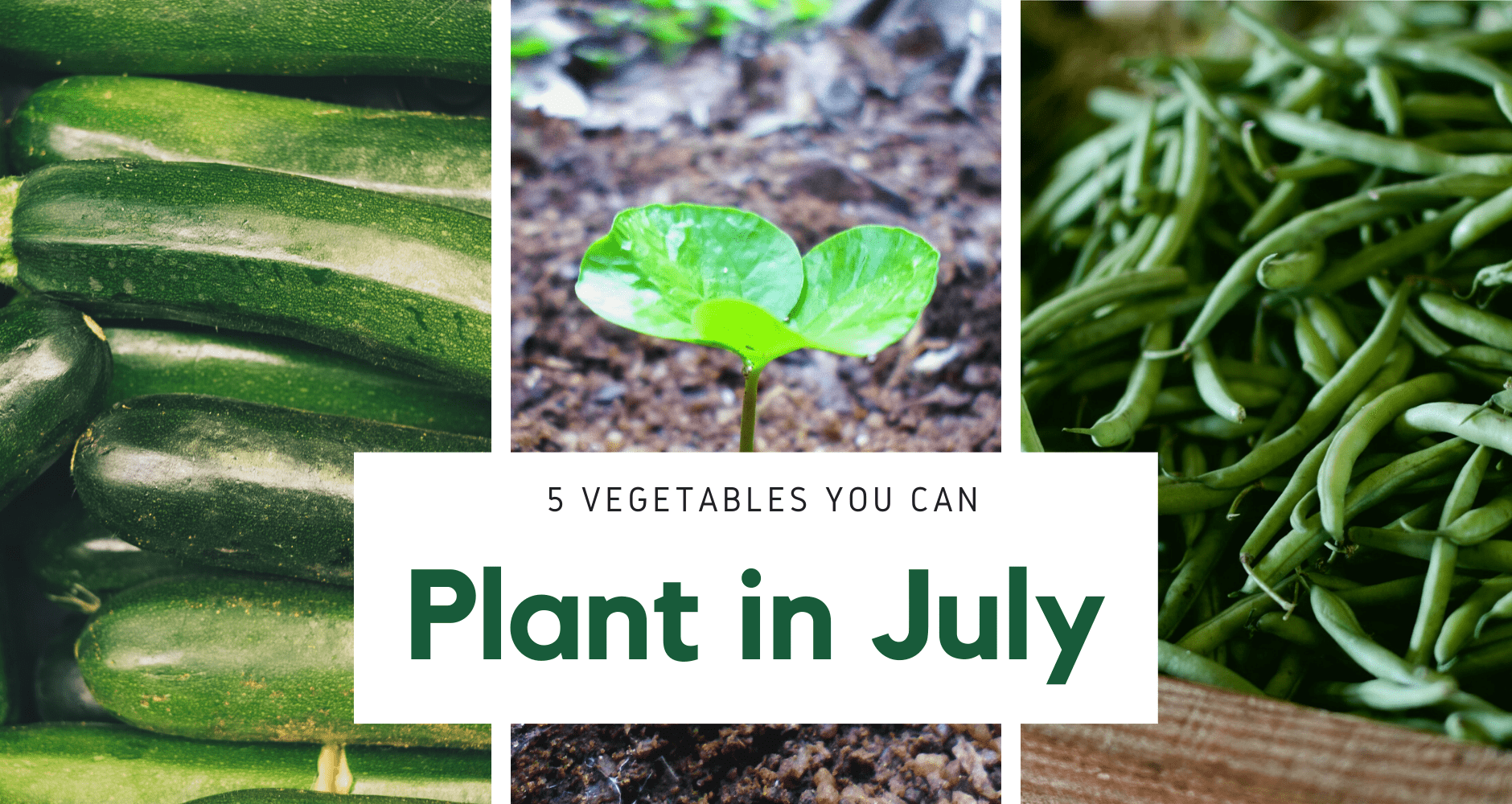
- Carrots: Carrots are a sweet and crunchy vegetable that is a good source of vitamin A. They grow best in full sun and well-drained soil.

- Potatoes: Potatoes are a versatile vegetable that can be boiled, mashed, or fried. They grow best in full sun and well-drained soil.
- Peas: Peas are a delicious and nutritious vegetable that is a good source of protein. They grow best in cool weather and full sun.
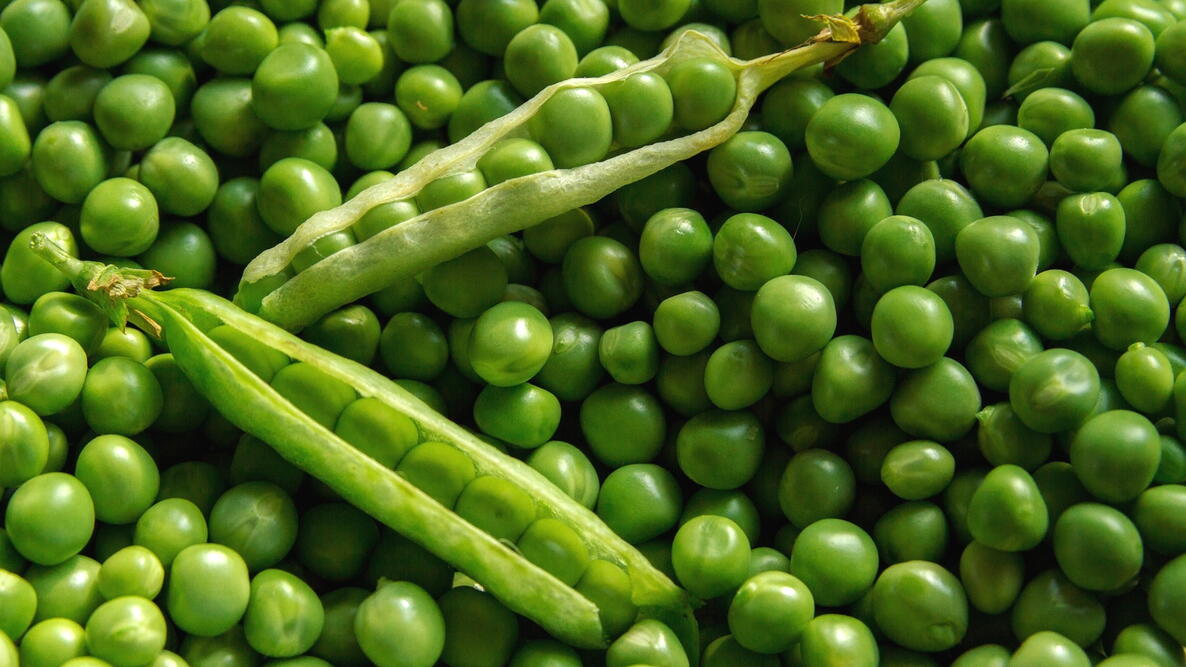
Post a Comment for " Best Summer Vegetables To Grow In Days Or Less"